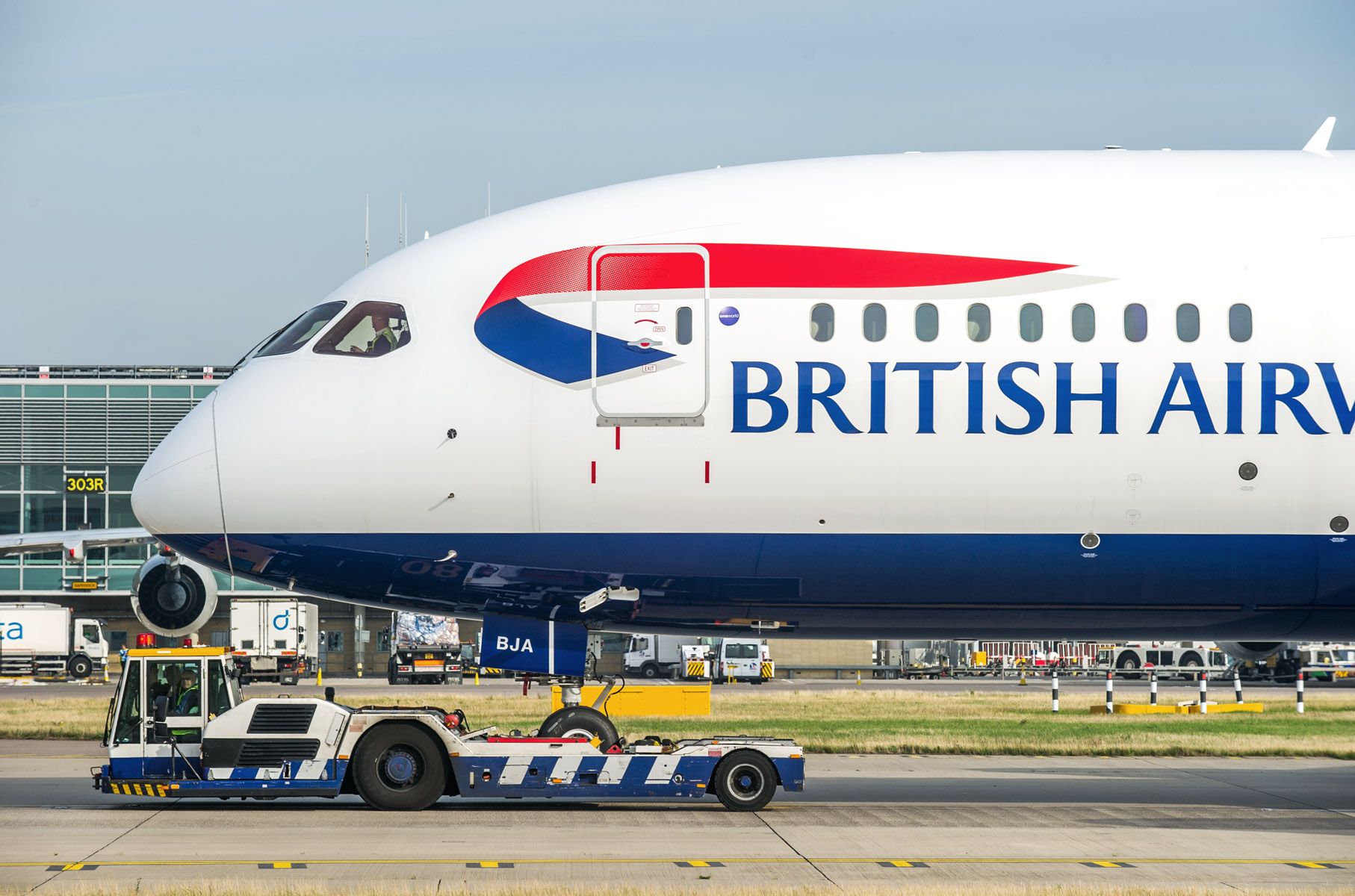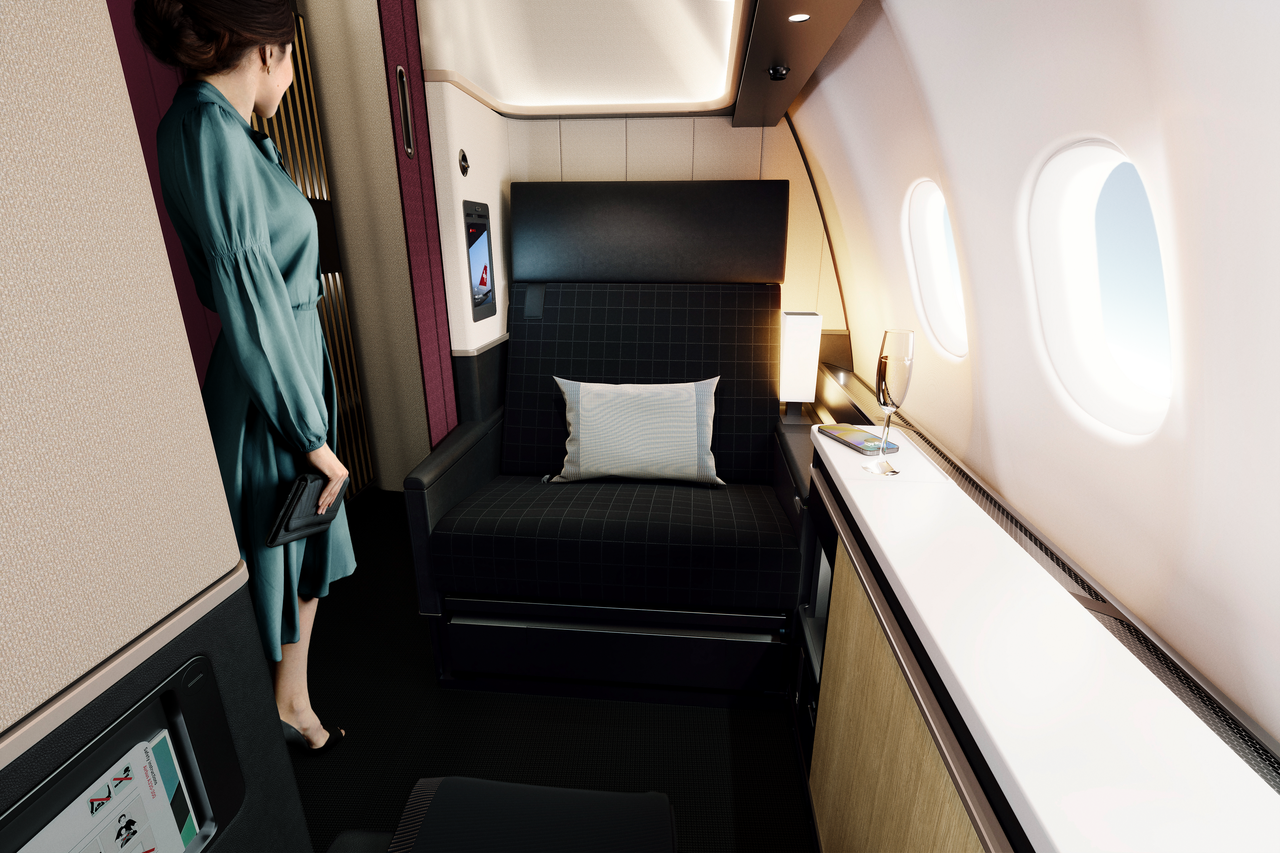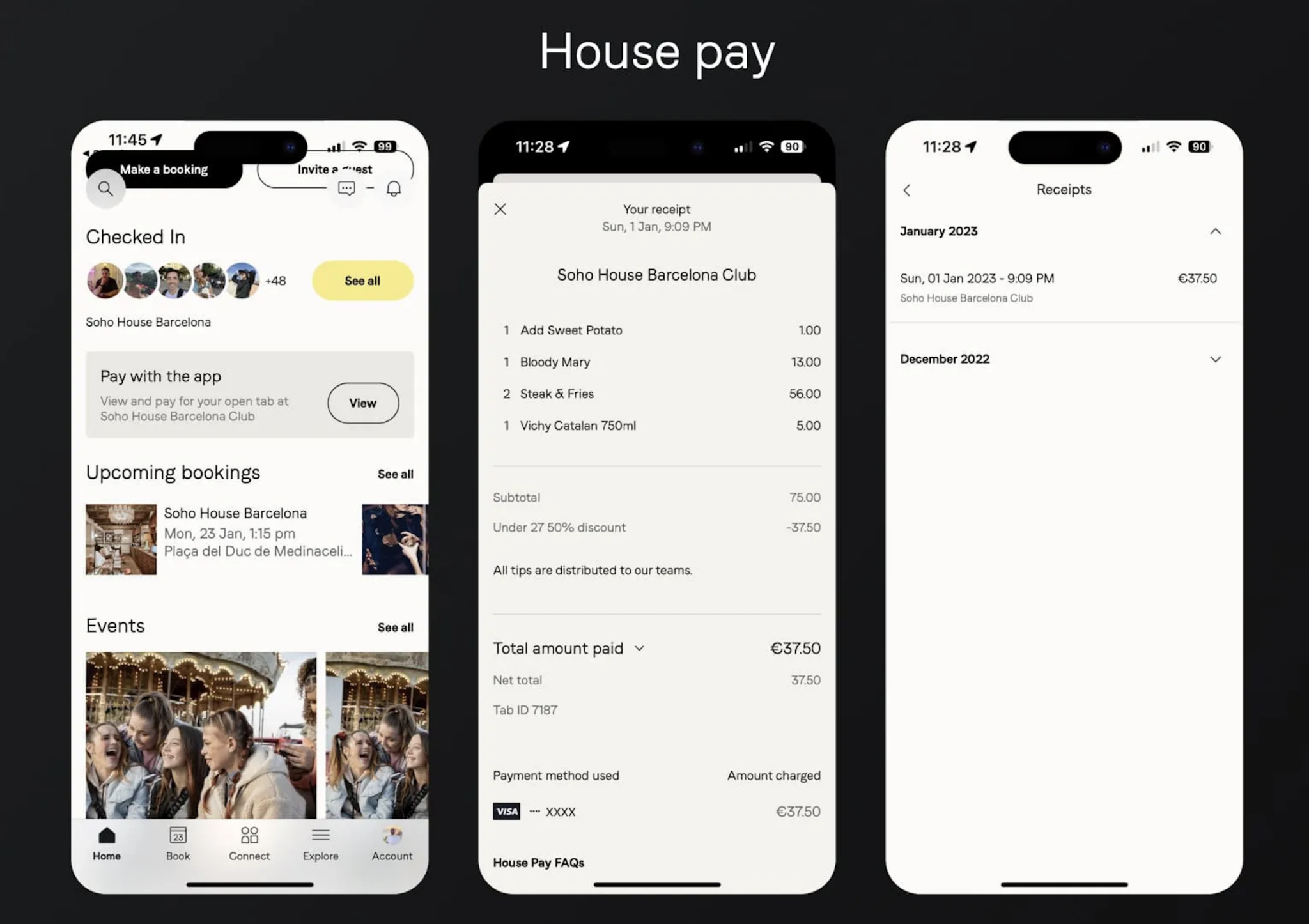JetBlue and Alaska Fight Over Rights to Fly to Havana
Skift Take
JetBlue Airways is tweaking rival Alaska Airlines by asking the U.S. government to take away Alaska’s right to fly to Havana from Los Angeles and award it to JetBlue, which would use it to fly from Boston.
The request, made with the U.S. Department of Transportation, came two days after Alaska asked to defer the start date of its new flight — the only one from the West Coast to Cuba — from Nov. 29 to Jan. 5. Alaska told the government it made the “modest request” to give it more time to market the flights.
Generally, though not always, carriers do not object to a delay request from a competitor. But JetBlue on Thursday raised objections, noting that no other U.S. carrier has sought an extension. The U.S. and Cuban governments will permit only 20 daily flights to Havana, and airlines competed vigorously to serve the city. JetBlue won the right to fly to Havana from Fort Lauderdale, New York JFK, and Orlando, but not Boston.
“Every U.S. carrier involved in the Cuba frequency proceeding began the task of starting scheduled Cuba service from the same starting point and faced an identical timeline,” JetBlue said in its objection. “No other carrier is claiming ‘operational’ and commercial challenges as a basis for significantly delaying their start date.”
Alaska spokesman Bobbie Egan said in an email that Alaska is confident the government will approve its request. “As noted in our motion for extension, we believe early January will be more conducive to a successful service launch,” she said. In its filing, Alaska said the holiday season would be a particularly tough time to launch a new Havana route, as most Americans travel for leisure in the period, and “vacation” is not one of the 12 government-sanctioned reasons to visit Cuba.
Heated Competition
In its 16-year history, JetBlue has rarely competed head-to-head with Alaska, with both airlines building loyal customer bases on each coast — JetBlue in the East and Alaska in the West. The carriers bid against each other for Virgin America, with Alaska winning. Assuming the merger closes — the U.S. Department of Justice is examining it now — Alaska and JetBlue will be fierce competitors, with each trying to build profits with lucrative transcontinental flights.
The argument over Havana is similar to the ongoing saga in 2014 and 2015 between Delta Air Lines and American Airlines over which airline could fly from the United States to Tokyo’s Haneda Airport, close to downtown. In filings last year, American asked the DOT to take the authority from Delta, arguing Delta was flying an extremely limited schedule from Seattle. The DOT declined to do so, but Delta ended up abandoning the route anyways, and American was given the authority to fly from Los Angeles.
In its filing, JetBlue suggests Alaska wants to delay the flight because it is concerned it will not perform well. California has a relatively large population of Cuban Americans, but the long length of the flight makes it tricky. And only one other approved Havana route originates from outside the East Coast — United’s once-per-week flight from Houston. Industry insiders tend to think South Florida-Cuba routes will perform best.
“JetBlue and others repeatedly warned that the Los Angeles-Havana route was unlikely to succeed,” JetBlue said.
“A 37-day delay is clearly a commercial decision to not serve a new market over the December holiday season and evidences a lack of preparation and readiness to accept the Department’s award of this scarce resource,” JetBlue added.
JetBlue is likely aware the DOT will give Alaska the extension. But in its filing, it asked the government to award it backup authority, so that if Alaska tries to keep delaying the route or eventually cancels it, JetBlue would be able to step in and add Boston flights.




